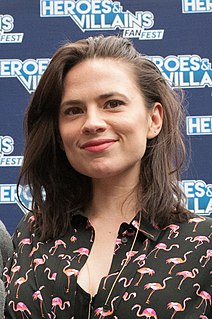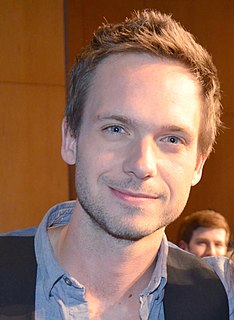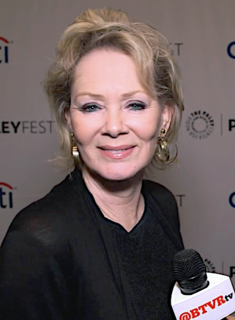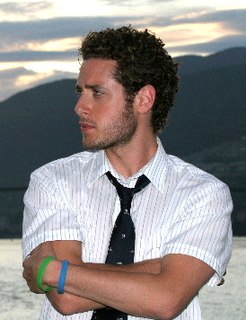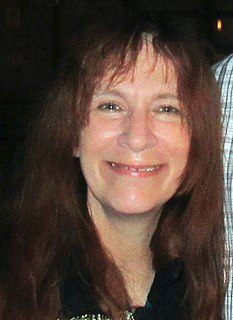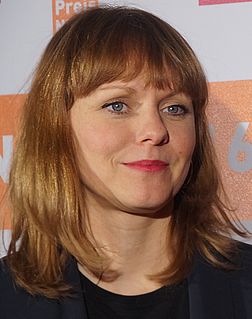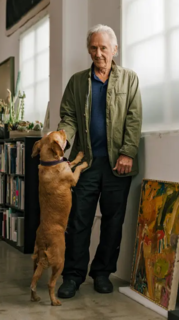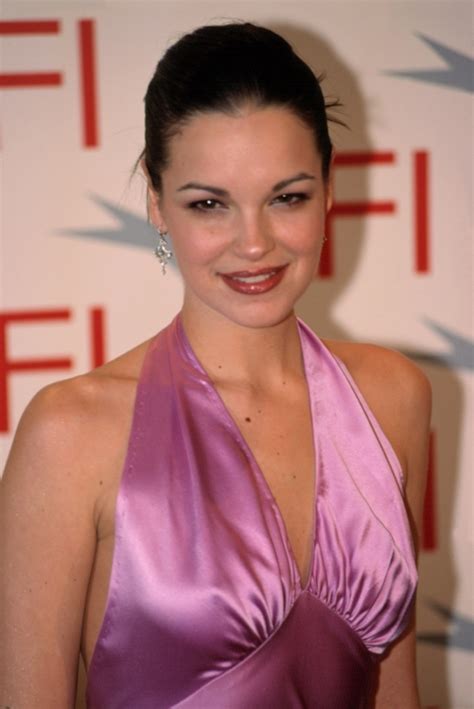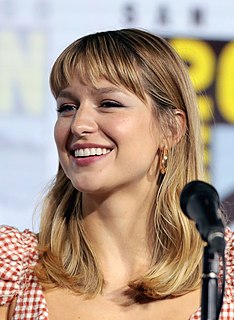A Quote by Hayley Atwell
Because I trained in theater, I always leave a film shoot feeling like I haven't done anything, like I just sat in front of the camera and whispered, essentially.
Related Quotes
I love the theater, and I did tons of theater before I ever did anything in front of the camera, but I haven't done anything in New York in a while, and I really, really want to. I've been offered a few things, but it's got to be something that works, because it's so disruptive to the family that it's got to be something that I cannot turn down.
A sitcom, you rehearse for four days of the week and then you shoot it all in one night in front of a studio audience. It's like a play every week, you just shoot it over a seven or eight-day period with a single camera. I enjoy this format of show much more. I'm a feature guy. I like making movies. So the four camera thing I didn't love it that much. I found myself slightly out of my element.
I always do casting for every role, even if it's just one sentence. I like to work with theater actors because they're used to a process. I think filmmaking sometimes can become so stiff. Sometimes I have the feeling that people come together praying in the morning that, "Let's just shoot something, no matter what! Let's just finish this day, no matter what we will tape!"
I didn't take theater or anything. We didn't have a very good theater program. It was in western Utah - was a really small school. It wasn't developed. We didn't have the funds to do anything like that, but I did act all through high school in films because Disney Channel would shoot movies out there.
The weird thing with 'Kismet' is that Vincente Minnelli didn't know what to do with a Cinemascope camera for that film - so he never moved it! It's like in the old days when sound first came in and was so complicated that the camera just sat there. There are hardly any close-ups in 'Kismet,' so everything's at a bit of a distance.
